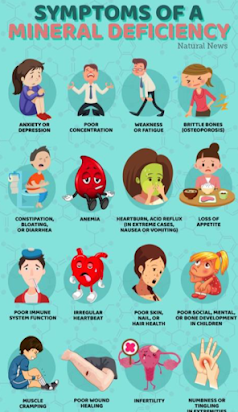Vitamin k and what does to our body
Vitamin K is a group of fat-soluble vitamins crucial for blood clotting and bone health. It's involved in the synthesis of proteins necessary for these functions. While adults typically get enough vitamin K from their diet and gut bacteria, newborns are often given a vitamin K injection at birth to prevent bleeding problems.
Key Functions:
Blood Clotting: Vitamin K is essential for the production of proteins needed for blood clotting.
Bone Health: It plays a role in building and maintaining strong bones.
Other Functions: Vitamin K also contributes to cardiovascular health and may help regulate calcium levels in the body.
Sources of Vitamin K:
Dietary Sources: Green leafy vegetables (like spinach, kale, and collard greens), some animal products, and fermented foods are good sources of vitamin K.
Gut Bacteria: The bacteria in the human intestine also produce vitamin K.
Vitamin K Deficiency:
Risk: Newborns are at risk for vitamin K deficiency, as they have low levels at birth and breast milk may not provide enough.
Symptoms: Deficiency can lead to excessive bleeding and bruising.
Prevention: A vitamin K injection at birth is a standard practice to prevent bleeding issues in newborns.
Important Considerations:
Blood Thinners:
People taking blood-thinning medications like warfarin should consult their doctor before significantly increasing their vitamin K intake.
Supplements:
While vitamin K supplements are available, it's generally recommended to obtain the vitamin from dietary sources and gut bacteria, unless a deficiency is diagnosed.



Comments